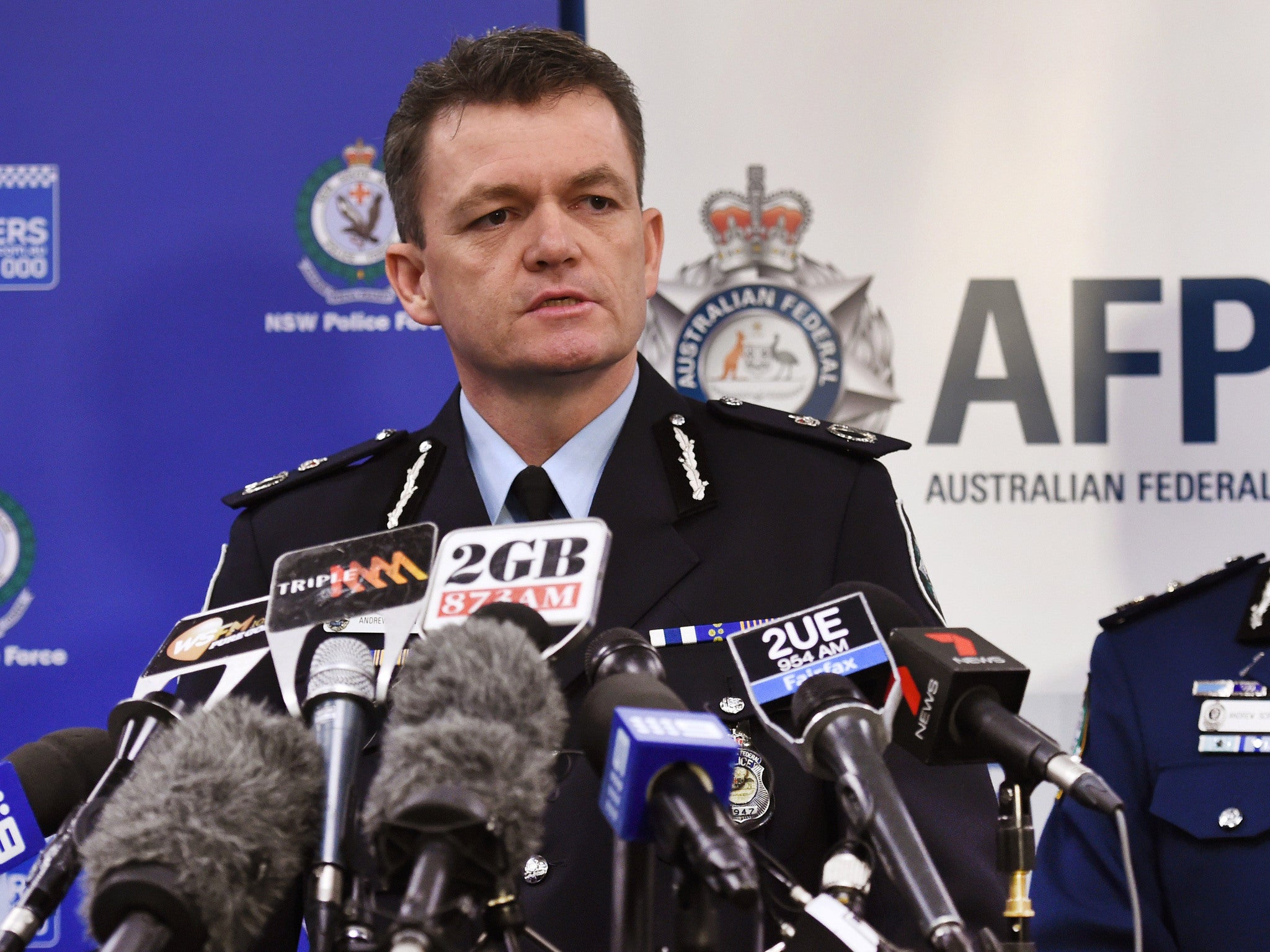Bali Nine: Australian police defend their role in Bali Nine arrests
The Australian Federal Police helped Indonesian Police arrest the drug smuggling group, despite knowing they could face the death penalty

Your support helps us to tell the story
From reproductive rights to climate change to Big Tech, The Independent is on the ground when the story is developing. Whether it's investigating the financials of Elon Musk's pro-Trump PAC or producing our latest documentary, 'The A Word', which shines a light on the American women fighting for reproductive rights, we know how important it is to parse out the facts from the messaging.
At such a critical moment in US history, we need reporters on the ground. Your donation allows us to keep sending journalists to speak to both sides of the story.
The Independent is trusted by Americans across the entire political spectrum. And unlike many other quality news outlets, we choose not to lock Americans out of our reporting and analysis with paywalls. We believe quality journalism should be available to everyone, paid for by those who can afford it.
Your support makes all the difference.Australian police have defended their role in the arrests of the Bali nine drug smuggling group which led to the execution of its two leaders.
The Australian Federal Police (AFP) have faced criticism since the Bali Nine's arrests in 2005, after they aided Indonesian police in their investigation despite knowing that some of the gang could face the death penalty for drug trafficking.
The AFP passed information to Indonesian police which led to the group of Australians being arrested before they began their operation to smuggle 8.3 kilograms of heroin to Australia.
Accusations that the AFP "shopped" the Australians to Indonesian police to gain favour have been made even since, claims that AFP Commissioner Andrew Colvin called "fanciful and offensive" at a press conference today.
Six of the group, are currently serving life sentences in Indonesia. One is set for release in 2026, and ringleaders Myuran Sukumaran and Andrew Chan were executed by firing squad on 29 April, after having exhausted all their avenues of appeal.

At the press conference, Commissioner Colvin said: "If we had had enough information to arrest the Bali Nine before they left Australia we would have done exactly that."
He cited police guidelines that said they must work with foreign police forces, and said that he could not guarantee that Australians facing similar penalties abroad would not suffer the same fate.
However, Colvin said that one officer asked to be removed from the investigation team because he was concerned that the Bali Nine would face the death penalty due to the AFP's work.
Bob Lawrence, the father of Renae Lawrence, a member of the gang who is due for release in 2026, criticised the AFP shortly after the arrests for helping Indonesian police catch the group.
He said: "I don't know how they can sleep at night... even if [the Bali Nine] were guilty of doing it willingly, it still doesn't deserve the death penalty."
Deputy Commissioner Michael Phelan said that fate of the group had rested on his mind ever since they were arrested.
He said: "If anyone thinks I have not agonised over this for the past 10 years then they dno't know me."
Commissioner Colvin emphasised the importance of Australia working with other national police forces to tackle international crime - even if these countries have the death penalty for some crimes.
Representatives from the AFP will soon appear before a parliamentary committee to explain the decision to hand over information.
Join our commenting forum
Join thought-provoking conversations, follow other Independent readers and see their replies
Comments